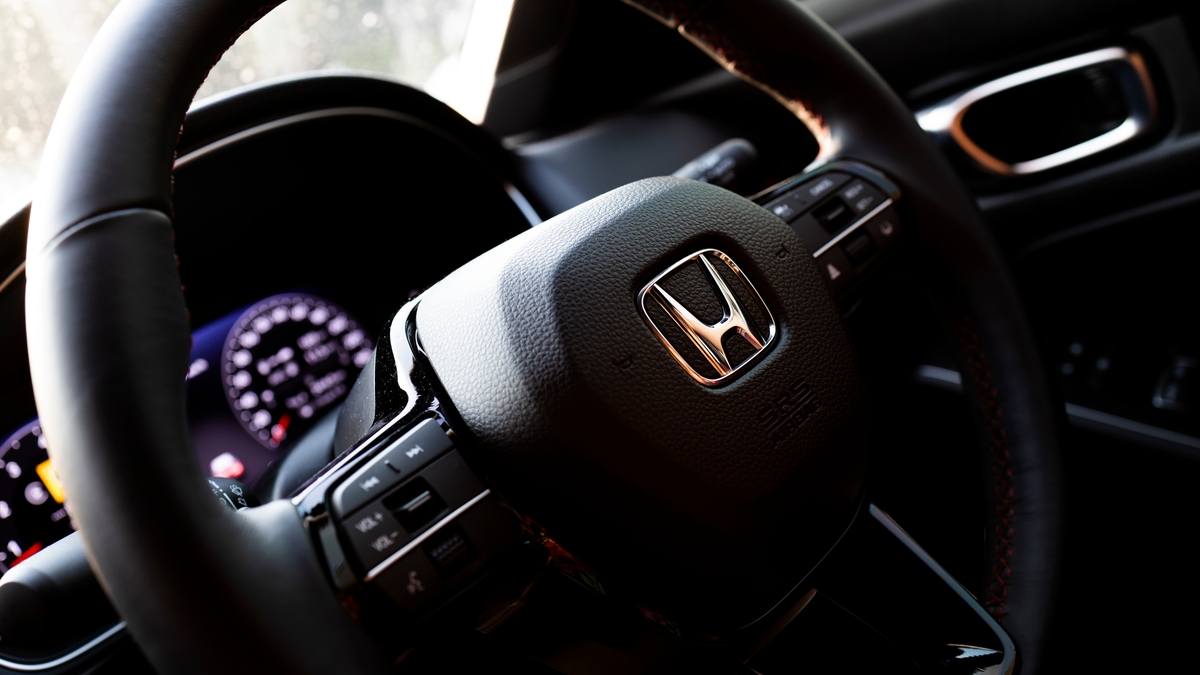Japanese legacy automaker Honda dominated Japan’s stock market rally in 2023, winning over investors with its aggressive electric vehicle production initiatives.
Honda shares reportedly enjoyed year-on-year growth of 44% as of Friday. It ultimately surpassed its closest rival Toyota and all other major Japanese automakers.
The Nikkei 225 equities index, a stock market index for the Tokyo Stock Exchange (TSE), has achieved 24% this year.
An industry analyst noted that the company’s sudden advancement this year reflects the “big share price moves” of other legacy automakers that started embracing the EV technology.
“It’s the market saying this company has a future… [by having] a plan that looks credible.”
CLSA analyst Christopher Richter
Honda’s EV push
In 2021, Honda announced its target of only producing battery electric or hydrogen fuel cell vehicles by 2040.
A year later, the automaker set a target of producing 2 million EVs and launching 30 new electric models by the decade’s end.
Analyst Richter asserted that COVID-induced chip shortages substantially delayed the market reaction to Honda’s electrification push.
Nonetheless, he stated that investors have long been giving the green light for their approval as “[Honda’s] news flow finally became consistent enough.”
Honda restructures its supply chain for EV shift
On July 4, Honda disclosed that it would cut its share in Yachiyo Industry. For context, Yachiyo is the automaker’s Japanese unit that gains one-fourth of its revenue from fuel tank production for conventional vehicles, etc.
Since then, Indian auto parts company Samvardhana Motherson International has taken over Yachiyo, a crucial part of the company’s supply chain since 1953. It is undoubtedly a progressive move, demonstrating the company’s commitment to shifting its focus to electric-powered vehicles. Therefore, it has been “restructuring suppliers,” as Morgan Stanley MUFG Securities analyst Shinji Kakiuchi noted.
Meanwhile, Honda increased its share in auto lamp manufacturer Stanley Electric to approximately 10%, up four percentage points from the initial stake. Moreover, the automaker also aims to raise its share in Hitachi Astemo by seven percentage points to 40% for autonomous and electric technologies development.
Over the year, Honda also partnered with battery companies, including South Korea’s LGES and Japan’s GS Yuasa, for new joint ventures. China’s power battery leader CATL will also supply Honda with 123 GWh of EV batteries, enough to power 1 million EVs.
Honda targets 1 trillion yen in operating income
In May, Honda declared plans to hit a record-setting 1 trillion yen ($7 billion) in operating income in fiscal 2024 to raise shareholder returns.
Tokai Tokyo Research Institute analyst Seiji Sugiura noted that Honda’s targets arguably boosted its shares. However, he explained that “prices seem to have peaked and started adjusting.”
Notably, Honda’s stock significantly grew in June to a record-breaking 4,583 yen from just 2,990.5 yen in January. It dropped slightly to about 4,380 yen on Friday.
That said, Honda must retain its profitability and continue its EV business expansion, as noted by Fitch Ratings Japan Senior Director Satoru Aoyama. Moreover, he also pondered on the company’s ability to stay profitable with its 2 million EV production 2030 target, as it has only hit 4 million units in the past two years.
“Having a 100% EV target is not bad, but I’m concerned about the transition phase up to 2030 or 2035. It needs to enlarge its production and sales more for the target to sound feasible,” he said, adding that consumer demand for the smaller cars that are a Japanese specialty “is not necessarily rosy.”
Fitch Ratings Japan Senior Director Satoru Aoyama
CLSA analyst Richter also disclosed his forecast for “some adjustments on valuation” by 2024 as the Japanese automaker deploys new EV offerings in China and North America.
See Also:
- Honda forms partnerships with several industry players to boost its electrification strategy
- Honda UK to employ agency sales model for the first time for its new EV by late 2023
- Honda, GS Yuasa formed a new battery joint venture
- Honda’s aggressive EV strategy: To take Chinese electric automakers head-on
- Honda to invest at least $40 billion in its EV strategy, plans to launch a new subsidiary
Honda’s move to embrace the electric vehicle strategy is indeed remarkable as it demonstrates its commitment to sustainability and its ability to compete in the modern automotive industry. All that said, it would be interesting to see how Honda would execute its strategies to hit all those targets mentioned earlier.

